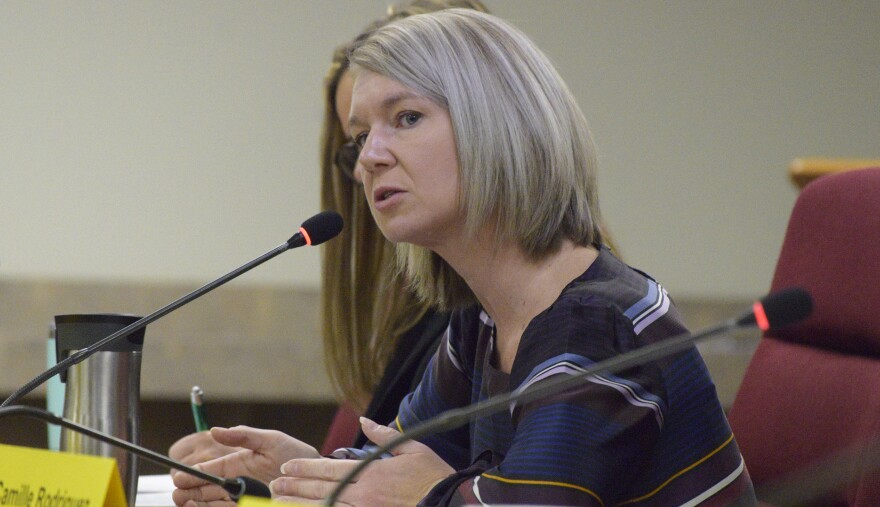As conversations between area superintendents and officials at Regional Office of Education #17 unfolded this fall, a common theme emerged: A call for a resource dedicated to helping students with intense mental health needs stay on-track with their education.
Specifically, these students are those who may be transitioning out of temporary hospitalization for mental health reasons, or who, without the services of the soon-to-launch Central Illinois Bridge Academy (CIBA), would be doing schoolwork while homebound.

Set to open this fall for the 2022-23 school year, the Central Illinois Bridge Academy will aim to serve 40 such students in the 7th-12th grades from the four-county area served by ROE #17, which includes McLean, DeWitt, Logan and Livingston counties.
"To some extent, part of the thought is that if we can fill sort of a niche or middle ground, that potentially frees up space for students who need something more intensive," said ROE #17 behavioral health coordinator Trisha Malott.
"We know some of our more intensive schools like Hammitt has been full for years and they consistently have a waiting list. Hopefully (this) can shift some of the burden and allow the schools who have more capacity and more specially trained staff to address ... needs for those students who are eligible to go there," Malott said.
Malott declined to say where exactly the school will be located, citing pending details that are being worked out between the ROE and other "partners." The plan, she said, is to have four classrooms of roughly 10 students each.
The school day itself will be "traditional" with education that "meets grade-level standards set forth by" the Illinois State Board of Education. The building will also offer a sensory calming room for students "when they're having trouble with emotional regulation," Malott said. A student can expect to be at the academy for at least 60 calendar days — or about 40-45 school days — before transitioning back to their original school, but Malott said some students may stay longer, depending on their needs.
Enrollment will be capped at 40 students for at least the first couple of years, Malott said, but it is possible that demand may exceed that, which would prompt school officials to "reevaluate" whether it will be possible to add space and hire more teachers.
Currently, the process of hiring the first batch of teachers and caseworkers is ongoing, as will be the hiring of clinicians later in the summer.
Funding is coming from an ISBE grant of $250,000.
Malott said even if a student or family is not in a situation in which they need the services of the forthcoming school, having CIBA available as a resource to those that do need it benefits everyone in the community.
"Anytime that we are adding a service or program that is filling a gap and meeting a need that didn't exist previously, it adds value — whether you happen to be the one who needs it or not," Malott said. "As we integrate the students back into their schools as more emotionally healthy adolescents, they work on those skills with their friends, they'll attend classes and graduate from high school which has an impact on their family, community and peers. And, from my lens, the more emotionally healthy we can become as a community, the better off we all are."


